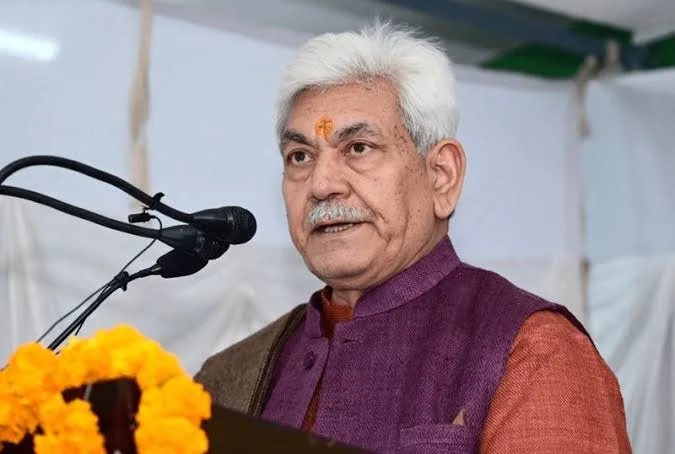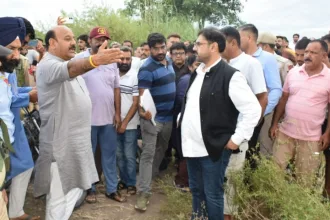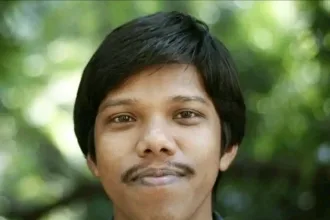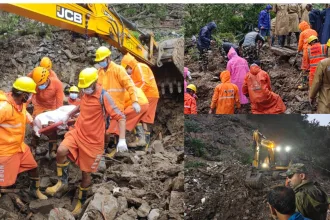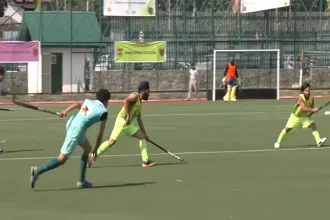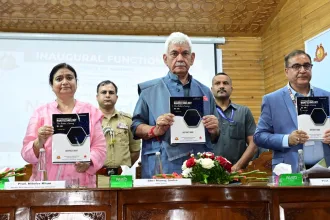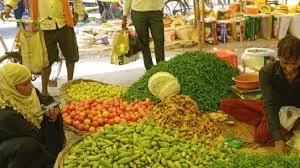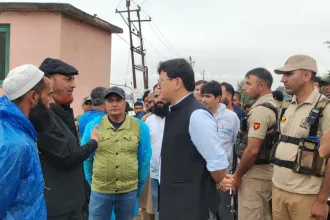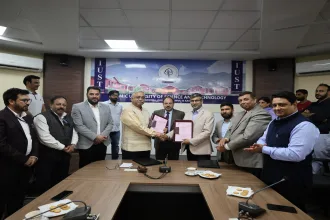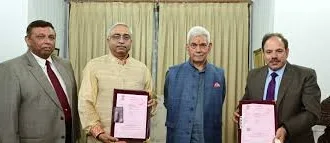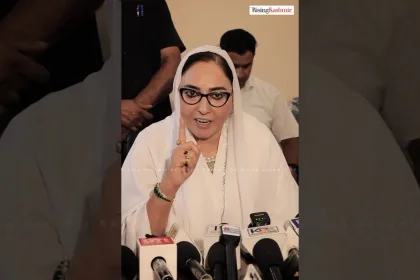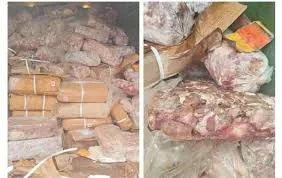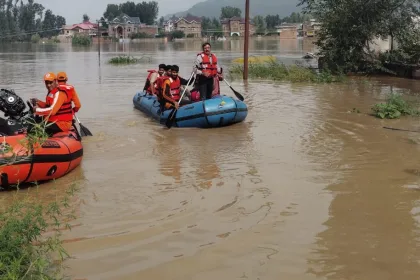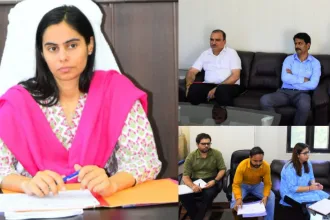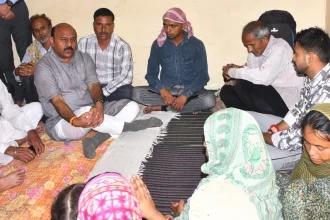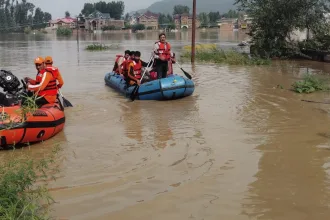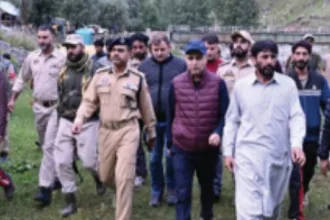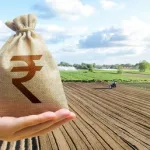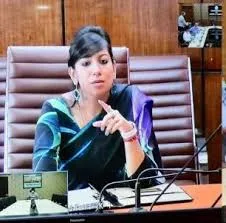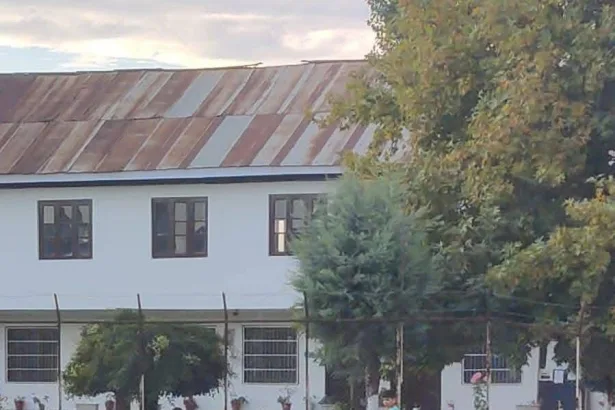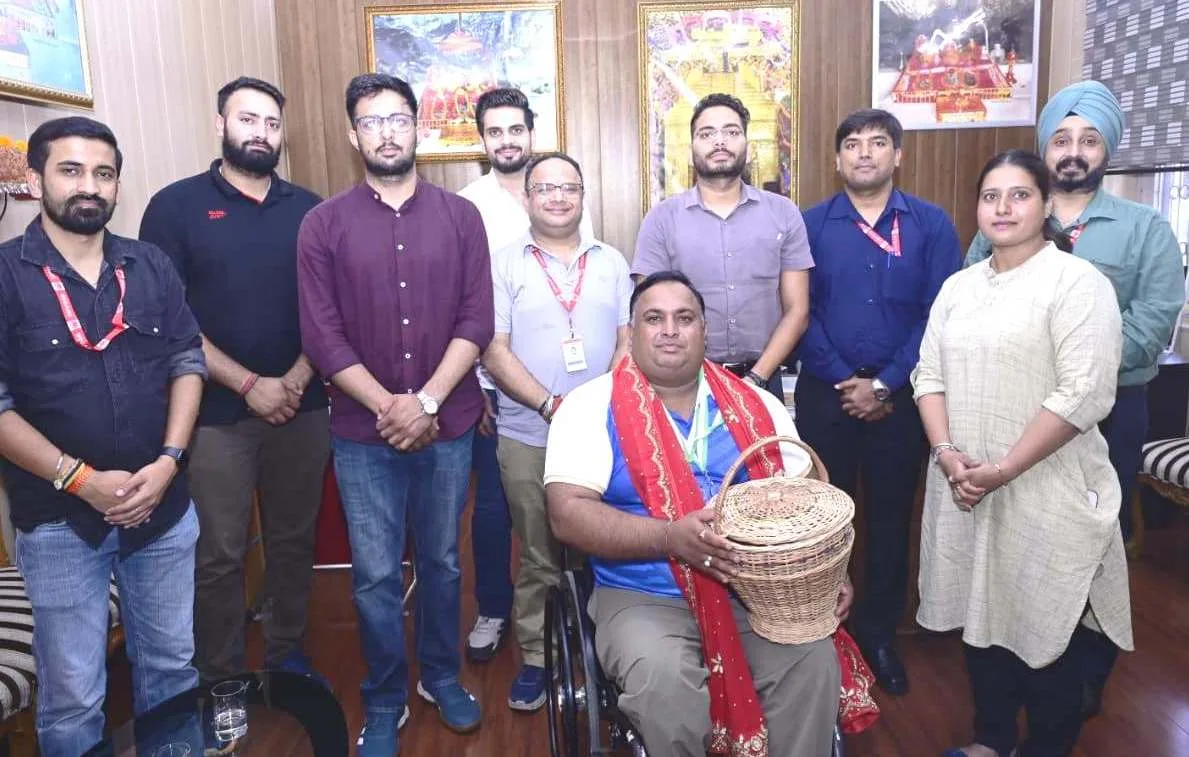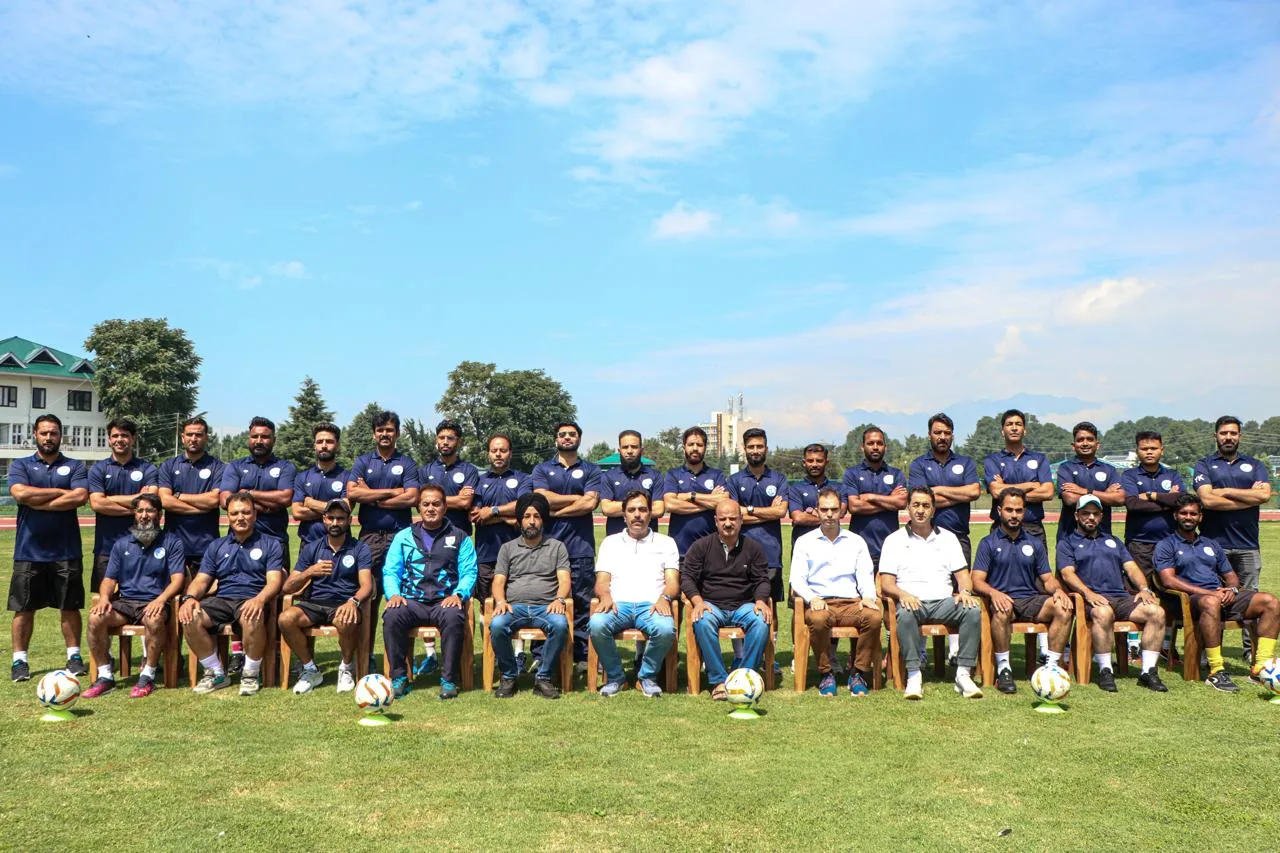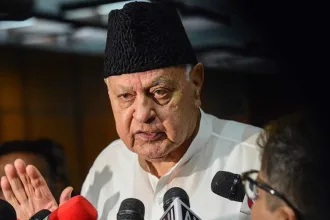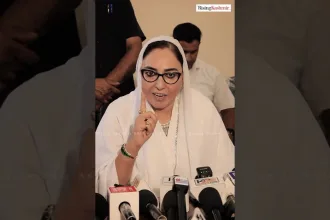Archives
- September 2025
- August 2025
- July 2025
- June 2025
- May 2025
- April 2025
- March 2025
- February 2025
- January 2025
- December 2024
- November 2024
- October 2024
- September 2024
- August 2024
- July 2024
- June 2024
- May 2024
- April 2024
- March 2024
- February 2024
- January 2024
- December 2023
- November 2023
- October 2023
- September 2023
- August 2023
- July 2023
- June 2023
- May 2023
- April 2023
- March 2023
- February 2023
- January 2023
- December 2022
- November 2022
- October 2022
- September 2022
- August 2022
- July 2022
- June 2022
- May 2022
India emerging as force to reckon with, Op Sindoor made it clear: LG Sinha
Lieutenant Governor Manoj Sinha on Sunday said that 'Operation Sindoor' made it clear to the world that India is emerging as a force to reckon with. Addressing the inaugural ceremony…
‘Titan of J&K’s politics’: NC pays tributes to ‘Sher-e-Kashmir’
Srinagar, Sept 07: National Conference (NC) rank and file on Sunday paid tributes to party founder, "Sher e Kashmir" Sheikh Muhammad Abdullah, on his 43rd death anniversary, hailing…
Kashmir’s soul finds voice in Danish Renzu’s ‘Songs of Paradise’
Universal Music release blends Kashmir’s timeless melodies with contemporary artistry
Sgr–Jmu highway closure sparks price shock across Valley
Chicken soars to Rs 200 per kg, vegetables out of reach; residents…
DC conducts field visit to flood prone areas of Sopore sub-division
Baramulla, Sep 07: Deputy Commissioner (DC) Baramulla, Minga Sherpa, along with…
DM stresses prioritising distribution of relief, ration in disaster-hit areas
Reviews ongoing restoration works on vital road links
DC convenes public interaction meeting at Mendhar
Poonch, Sep 07: In a significant public outreach initiative, Deputy Commissioner…
Natrang presents scintillating performance of ‘Teen Appahij’ at Sunday theatre
Jammu, Sep 04: Natrang presented a scintillating performance of the play…
Dy CM visits Kangri, expresses solidarity with families of landslide victims
Provides financial assistance of Rs 4 lakh from CMRF
Shivling unearthed in Ganderbal, bridging communities
Ganderbal, Sept 06: A Shivling-like structure was discovered on Saturday in a stone quarry at Checki Yangoora village near Manasbal in central Kashmir’s Ganderbal district, sparking a rare and heartening…
Trump’s U-Turn
Trump's U-Turn After creating an environment of unwanted animosity by imposing unwanted tariff compounded by penalty on India, the United…
Sports
‘Titan of J&K’s politics’: NC pays tributes to ‘Sher-e-Kashmir’
Srinagar, Sept 07: National Conference (NC) rank and file…



